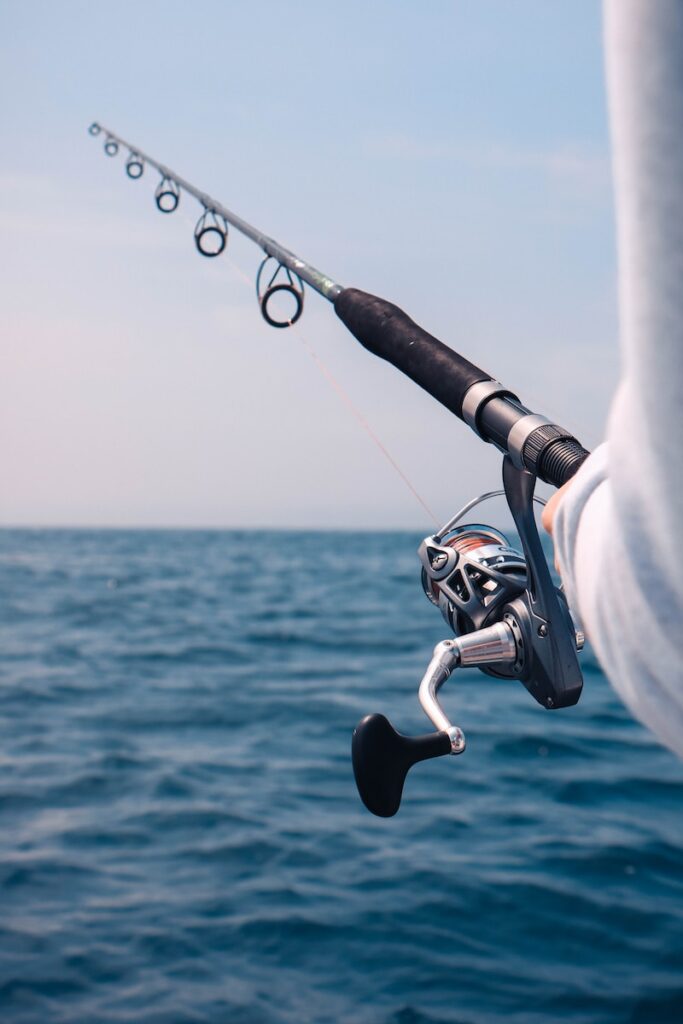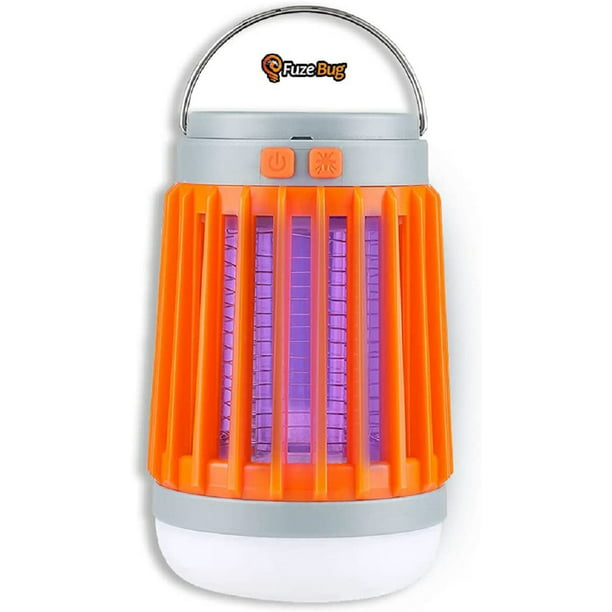Camping and fishing make for a perfect outdoor adventure, combining the joy of spending time in nature with the excitement of catching fish. In this comprehensive beginner’s guide to fishing while camping, we will explore essential techniques, equipment, and tips to ensure a successful fishing experience. Whether you’re a complete novice or have some basic fishing knowledge, this guide will provide you with the knowledge and confidence to enjoy fishing while camping to the fullest.

The Basics of Fishing
Before diving into the specifics, it’s crucial to understand the basics of fishing. Learn the fundamental concepts, including casting, reeling, and setting the hook. Gain insight into different fishing techniques such as bait fishing, lure fishing, and fly fishing, and discover which method suits your preferences and fishing goals.
Fishing Gear and Equipment To Use Fishing While Camping
Equip yourself with the necessary fishing gear for a successful camping trip. Explore the world of fishing rods, reels, fishing lines, and tackle boxes. Understand the importance of selecting appropriate gear based on the target species and fishing location. With the right equipment, you’ll be well-prepared for an enjoyable fishing experience.
Fishing Techniques for Beginners
Start your fishing journey with essential techniques tailored for beginners. Learn about bait selection and presentation techniques that entice fish to bite. Gain insights into using lures effectively and choosing the right lure for different fishing conditions. With practice and patience, you’ll soon master these techniques and improve your chances of catching fish.
Understanding Fish Behavior
Understanding fish behavior is key to becoming a successful angler. Explore factors that influence fish behavior, such as water temperature, time of day, and habitat preferences. Learn how to read water and identify potential fishing spots where fish are likely to gather. By understanding fish behavior, you can increase your chances of success on the water.

Fuze Bug Mosquito Zapper
Fishing Regulations and Licenses
Responsible fishing involves adhering to fishing regulations and obtaining the necessary licenses. Familiarize yourself with local fishing regulations, including catch limits, size restrictions, and protected species. Explore the different types of fishing licenses and permits required in your area. Stay informed and ensure that you fish within the legal boundaries.
Safety Considerations
Safety should be a top priority when fishing while camping. Learn about essential safety considerations, such as wearing appropriate clothing, applying sunscreen, and practicing water safety. Understand the basics of handling fish safely and practice catch-and-release fishing to preserve fish populations for future generations.
Best Practices for Responsible Fishing
Responsible fishing involves adopting best practices that minimize environmental impact and promote conservation. Discover proper fish handling techniques, including gentle handling and quick releases. Explore ways to minimize your impact on the environment, such as avoiding littering and respecting wildlife habitats. By practicing responsible fishing, you can contribute to the sustainability of our fisheries.
Fishing Tips for Camping Trips
Incorporating fishing into your camping trips adds an extra layer of excitement. Explore tips for planning fishing excursions during camping trips. Discover the benefits of fishing during optimal times, such as early mornings or late evenings. Find fishing-friendly campgrounds that offer convenient access to fishing spots, maximizing your time on the water.
FAQs (Frequently Asked Questions)
Do I need a fishing license to fish while camping?
Yes, in most cases, a fishing license is required to legally fish while camping in many jurisdictions. Fishing licenses help support conservation efforts and ensure sustainable fishing practices. It is important to check the specific fishing regulations and licensing requirements for the area where you plan to camp and fish.
What should I do if I catch a fish?
If you catch a fish, handle it with care and respect. Wet your hands before handling the fish to protect its delicate protective slime layer. Use a landing net or your hands to gently lift the fish out of the water. If you plan to release the fish, minimize the time it spends out of the water. Remove the hook carefully using a pair of pliers or a hook remover, and release the fish back into the water gently, allowing it to swim away. Please note that if the fish is proper size you can keep it for food purposes.
How can I find good fishing spots near my campsite?
Research local fishing spots near your campsite by talking to park rangers, fellow anglers, or checking online resources. Look for lakes, rivers, or streams that are known for fishing opportunities. Explore maps and fishing reports to gather information about the types of fish, popular fishing techniques, and access points. Additionally, consider seeking advice from local bait and tackle shops or fishing outfitters who have in-depth knowledge of the area.
What type of bait or lures should I use as a beginner?
As a beginner, it is recommended to start with live bait such as worms or minnows, as they are effective and easy to use. Another option is to try artificial lures such as spinnerbaits or soft plastic worms, which can mimic the movement of prey fish. Experiment with different baits and lures to see what works best for the fish species you are targeting and the fishing conditions.
Can I fish while camping alone?
Fishing while camping alone can be a rewarding experience. However, it is important to prioritize safety. Let someone know your plans and expected return time. Carry essential safety gear, including a fully charged cell phone, a first aid kit, and a whistle. Choose fishing spots that are well-populated and familiarize yourself with the area beforehand. Trust your instincts, be cautious, and practice situational awareness throughout your solo fishing and camping trip.
Conclusion
Congratulations! You have gained a comprehensive beginner’s understanding of fishing while camping. Remember the basics of fishing, equip yourself with the right gear, and understand fish behavior to increase your chances of success. Adhere to fishing regulations, prioritize safety, and practice responsible fishing techniques. With the knowledge gained from this guide, plan your next camping adventure and create unforgettable fishing memories in the great outdoors.

Leave a Reply